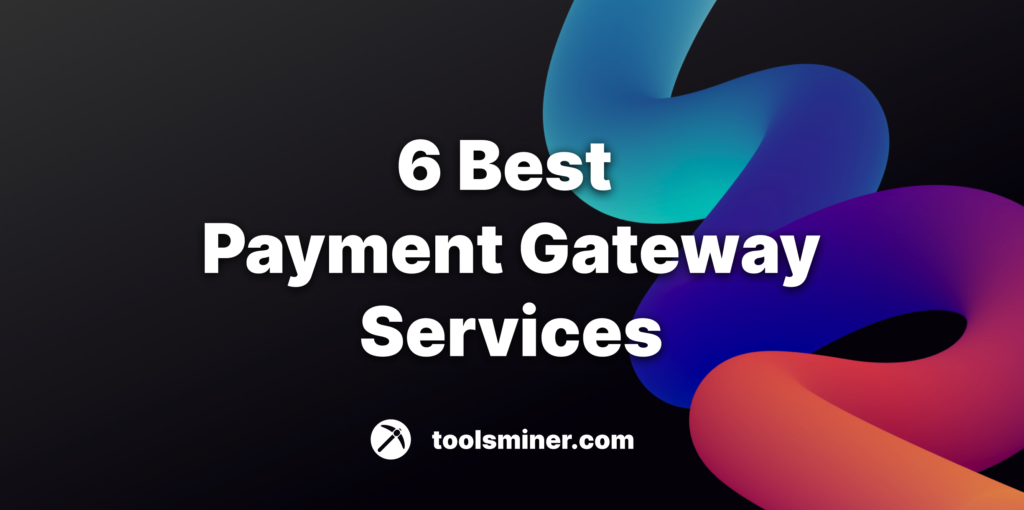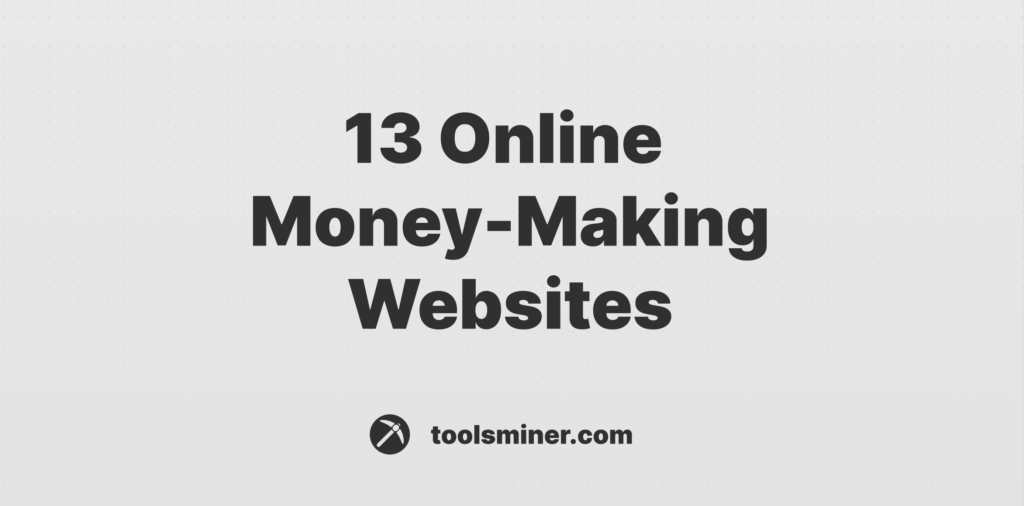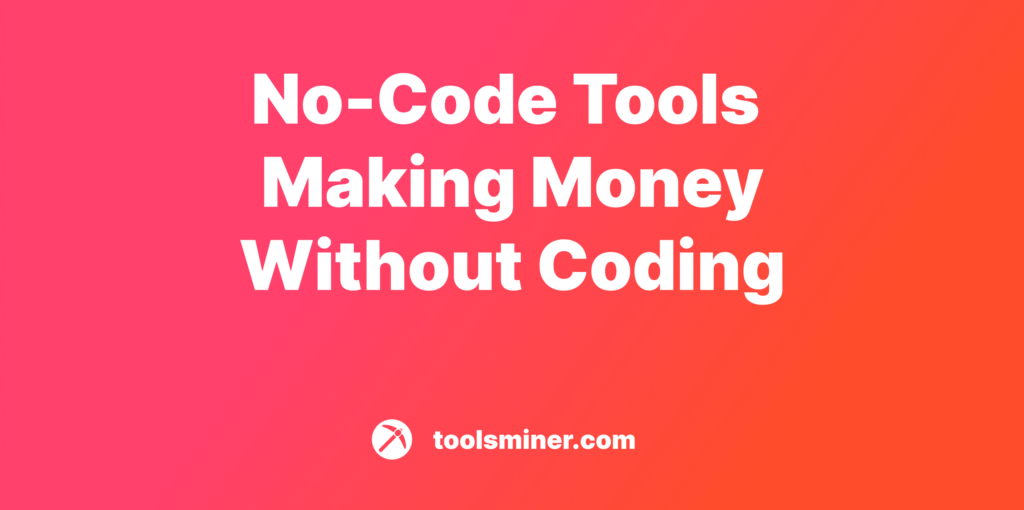In today’s digital age, there are countless opportunities to turn your online presence into a lucrative source of income. One such avenue is affiliate marketing, a popular method used by individuals and businesses to generate revenue. By leveraging the power of affiliate links, you can earn commissions for promoting products or services. In this comprehensive guide, we will explore the ins and outs of affiliate marketing and provide you with valuable insights on how to effectively use affiliate links to make money.
Table of Contents
Understanding Affiliate Marketing
To understand Affiliate Marketing, You should understand Affiliate first:
What is Affiliate?
An affiliate is a person or business that promotes another company’s products or services in exchange for a commission. Affiliates typically use unique links that track the number of clicks and sales they generate. The affiliate is paid a commission on each click or sale that is tracked back to their unique link.
What is Affiliate Marketing?
Affiliate marketing is a performance-based marketing strategy where individuals (affiliates) earn a commission for promoting products or services on behalf of a company (merchant). Affiliates are provided with unique affiliate links that track their referrals. When a user clicks on an affiliate link and makes a purchase, the affiliate earns a percentage of the sale as a commission.
How Does Affiliate Marketing Work?
The process of affiliate marketing involves several key players:
- Merchant: The company or business that offers a product or service and wants to increase its sales through affiliate marketing.
- Affiliate: The individual or entity that promotes the merchant’s products or services using affiliate links.
- Consumer: The end-user who clicks on an affiliate link and makes a purchase.
- Affiliate Network: An intermediary platform that connects merchants with affiliates and facilitates the tracking and payment of commissions.
When an affiliate joins an affiliate program, they receive a unique affiliate link that contains a tracking code. This link is used to promote the merchant’s products or services. When a consumer clicks on the affiliate link and makes a purchase, the affiliate network tracks the referral and attributes the sale to the affiliate. The affiliate then earns a commission based on the agreed-upon terms.
Choosing the Right Affiliate Program
Researching Affiliate Programs
Before diving into affiliate marketing, it’s crucial to choose the right affiliate program that aligns with your niche and target audience. Here are some factors to consider when researching affiliate programs:
- Relevance: Look for affiliate programs that offer products or services relevant to your niche or area of expertise. Promoting products that resonate with your audience will increase the likelihood of conversions.
- Commission Structure: Evaluate the commission rates offered by different affiliate programs. Some programs offer a percentage-based commission, while others offer a fixed amount per sale. Consider the earning potential and choose a program that offers competitive commissions.
- Cookie Duration: The cookie duration refers to the length of time during which an affiliate can earn a commission after a user clicks on their affiliate link. Longer cookie durations provide affiliates with a higher chance of earning commissions from repeat purchases.
- Merchant Reputation: Research the reputation and credibility of the merchant. Look for merchants with a track record of timely payments, quality products, and good customer support. Working with reputable merchants enhances your credibility as an affiliate.
Top 10 well-known Affiliate Marketing platforms:

- Amazon Associates:
- Website: Amazon Associates
- Amazon’s affiliate program allows you to promote a vast range of products and earn commissions on sales generated through your affiliate links.
- ShareASale:
- Website: ShareASale
- ShareASale is an affiliate marketing network that provides a platform for merchants and affiliates to connect. It offers a wide variety of products and services to promote.
- CJ Affiliate (formerly Commission Junction):
- Website: CJ Affiliate
- CJ Affiliate is one of the largest affiliate marketing networks, connecting affiliates with a diverse range of advertisers.
- Rakuten Marketing:
- Website: Rakuten Marketing
- Rakuten is a global affiliate marketing network that partners with various brands, offering a variety of products and services to promote.
- ClickBank:
- Website: ClickBank
- ClickBank specializes in digital products, making it a popular choice for affiliates interested in promoting ebooks, software, online courses, and more.
- FlexOffers:
- Website: FlexOffers
- FlexOffers is an affiliate marketing network that provides a wide range of products and services for affiliates to promote.
- Awin:
- Website: Awin
- Awin is a global affiliate marketing network that connects affiliates with merchants worldwide, offering a diverse range of products and services.
- JVZoo:
- Website: JVZoo
- JVZoo focuses on digital products, including software and online courses. It’s a platform where affiliates can find products to promote and earn commissions.
- Impact Radius:
- Website: Impact Radius
- Impact Radius is an affiliate marketing platform that provides advanced tracking and reporting features for affiliates and advertisers.
- TradeDoubler:
- Website: TradeDoubler
- TradeDoubler is a European affiliate marketing network that connects affiliates with advertisers across various industries.
Top 10 Affiliate Marketing Tools:

- ThirstyAffiliates:
- Website: ThirstyAffiliates
- ThirstyAffiliates is a WordPress plugin that helps manage and cloak affiliate links. It provides tools for link organization, tracking, and optimizing.
- Pretty Links:
- Website: Pretty Links
- Pretty Links is another WordPress plugin that allows you to shorten, track, and manage your affiliate links. It provides features for link redirection and customization.
- ClickMeter:
- Website: ClickMeter
- ClickMeter is a link tracking tool that helps you monitor and optimize your marketing links. It provides detailed analytics, conversion tracking, and real-time reporting.
- Voluum:
- Website: Voluum
- Voluum is a comprehensive ad tracking and analytics platform. It offers features like traffic distribution, A/B testing, and detailed reporting for affiliate marketers running campaigns.
- OptinMonster:
- Website: OptinMonster
- OptinMonster is a lead generation tool that helps you create and optimize pop-ups, slide-ins, and other types of opt-in forms to grow your email list and increase affiliate conversions.
- Canva:
- Website: Canva
- Canva is a versatile design tool that allows you to create graphics, banners, and promotional materials for your affiliate marketing campaigns. It’s user-friendly and doesn’t require advanced design skills.
- SEMrush:
- Website: SEMrush
- SEMrush is an all-in-one SEO tool that provides keyword research, backlink analysis, and competitor insights. It’s valuable for optimizing your content and improving search engine rankings.
- Trello:
- Website: Trello
- Trello is a project management tool that helps you organize tasks, create checklists, and collaborate with team members. It’s useful for planning and executing your affiliate marketing strategy.
- SpyFu:
- Website: SpyFu
- SpyFu is a competitive intelligence tool that allows you to research competitors’ keywords, ad strategies, and organic search performance, helping you refine your own affiliate marketing approach.
- AffiliateWP:
- Website: AffiliateWP
- AffiliateWP is a WordPress plugin that enables you to create and manage your own affiliate program. It provides tools for tracking referrals, managing affiliates, and setting commission structures.
Implementing Affiliate Marketing Effectively
Creating Quality Content
To effectively use affiliate links, it’s essential to create high-quality content that provides value to your audience. Focus on producing informative, engaging, and relevant content that aligns with your niche. This could include blog posts, product reviews, tutorials, or comparison guides.
Disclosing Affiliate Relationships
Transparency is key in affiliate marketing. It’s important to disclose your affiliate relationships to your audience. This can be done through a disclaimer on your website or within your content. Openly sharing that you may earn a commission from affiliate links helps build trust with your audience.
Strategic Placement of Affiliate Links
Strategically placing your affiliate links can significantly impact your conversion rates. Here are some tips for effective placement:
- Contextual Integration: Integrate affiliate links naturally within your content. Avoid spammy or intrusive placements that may deter your audience.
- Call-to-Action Buttons: Use eye-catching call-to-action buttons or banners to encourage clicks on your affiliate links.
- Product Recommendations: When recommending products or services, include affiliate links alongside your recommendations. Besure to highlight the benefits and features of the products to entice your audience to make a purchase.
- In-Content Links: Incorporate affiliate links within your blog posts or articles where they naturally fit. This can be done by linking relevant keywords or phrases to the corresponding product pages.
Tracking and Analyzing Performance
To optimize your affiliate marketing efforts, it’s crucial to track and analyze the performance of your affiliate links. Most affiliate programs provide tracking tools and analytics dashboards that allow you to monitor clicks, conversions, and commissions. By analyzing this data, you can identify which strategies are working and make informed decisions to improve your results.
How do Affiliate Marketers Get Paid?
Affiliate marketers get paid by referring customers to businesses where they make purchases. The amount of money an affiliate marketer makes depends on the commission structure of the affiliate program they are participating in. There are 3 main types of commission structures:
Pay-per-sale (PPS):
This is the most common commission structure, and it pays affiliates a percentage of the sale price of a product or service that is purchased through their unique affiliate link. For example, if an affiliate marketer promotes a product that costs $100 and they generate a sale, they would earn a commission of $20 from the merchant.
Pay-per-click (PPC):
This commission structure pays affiliates a fixed amount for each click on their unique affiliate link, regardless of whether or not a sale is made. For example, an affiliate marketer may receive $0.50 for each click on their link.
Cost-per-acquisition (CPA):
This commission structure pays affiliates a fixed amount for each customer they refer to the merchant who then takes a specific action, such as subscribing to a newsletter or completing a registration form. For example, an affiliate marketer may receive $20 for each customer they refer who completes a purchase.
In addition to these three main commission structures, there are also a number of other ways that affiliate marketers can get paid, such as:
- Revenue sharing: This commission structure pays affiliates a percentage of the total revenue generated by the customer they refer, regardless of whether or not a sale is made.
- Tiered commissions: This commission structure pays affiliates a higher percentage of the commission for each subsequent sale that is made by a customer they refer.
- Residual commissions: This commission structure pays affiliates a percentage of the commission for each sale that is made by a customer they refer, indefinitely.
The specific commission structure that an affiliate marketer gets paid with will vary depending on the affiliate program they are participating in. However, all commission structures are designed to incentivize affiliates to promote products or services that they believe will be of interest to their audience.
Here is an example of how an affiliate marketer might get paid:
- An affiliate marketer has a blog about fitness and nutrition.
- The affiliate marketer promotes a product from a company that sells protein powders.
- A reader of the blog clicks on the affiliate marketer’s unique link and purchases the protein powder.
- The affiliate marketer earns a commission of 20% of the sale price of the protein powder, which is $20.
This is just one example, and there are many other ways that affiliate marketers can get paid. The key is to find a commission structure that aligns with their goals and the products or services they are promoting.
What Make You A Better Affiliate Marketer?
- Choose the Right Niche: Select a niche that aligns with your interests, expertise, and has a demand in the market. It’s easier to create engaging content and connect with your audience when you are passionate and knowledgeable about the products or services you’re promoting.
- Research and Select Quality Products: Before promoting any product, thoroughly research its quality, relevance, and reputation. Promoting high-quality products builds trust with your audience and increases the likelihood of successful referrals.
- Build a Strong Online Presence: Develop a professional and trustworthy online presence through a blog, website, or social media channels. Consistently create valuable content that educates, entertains, or solves problems for your target audience.
- Understand Your Audience: Know your target audience’s needs, preferences, and behaviors. Tailor your content to address their pain points and provide solutions. Understanding your audience helps you create more relevant and compelling marketing messages.
- Utilize Multiple Traffic Sources: Diversify your traffic sources to reduce dependence on a single channel. Experiment with various platforms such as social media, search engine optimization (SEO), email marketing, and paid advertising to reach a broader audience.
- Optimize for Search Engines (SEO): Implement SEO best practices to improve the visibility of your content in search engine results. This includes using relevant keywords, creating high-quality content, and building backlinks to enhance your website’s authority.
- Build an Email List: Establish an email marketing strategy to capture leads and build a loyal audience. Send regular updates, promotions, and valuable content to your subscribers, fostering a stronger relationship and increasing the chances of conversions.
- Stay Informed and Adapt: Affiliate marketing is dynamic, with trends, algorithms, and consumer behavior constantly changing. Stay informed about industry trends, new products, and marketing strategies. Adapt your approach accordingly to remain competitive.
- Test and Track Performance: Continuously test different strategies, such as ad creatives, landing pages, and promotional techniques. Use tracking tools and analytics to measure the performance of your campaigns. Identify what works best and optimize based on your findings.
- Comply with Regulations and Ethical Standards: Familiarize yourself with relevant legal and ethical guidelines for affiliate marketing. Ensure transparency with your audience by clearly disclosing your affiliate relationships and adhering to industry standards.
- Network with Other Marketers: Join affiliate marketing communities, forums, or social media groups to connect with other marketers. Share insights, ask for advice, and learn from the experiences of others in the industry.
Have fun! Affiliate marketing can be a rewarding and profitable career, but it’s also important to have fun along the way.
Frequently Asked Questions (FAQ)
Q1: How do I join an affiliate program?
To join an affiliate program, you typically need to sign up through the merchant’s website or an affiliate network. Fill out the application form and provide the necessary information. Once approved, you will receive your unique affiliate links and access to promotional materials.
Q2: Can I use affiliate links on social media platforms?
Yes, you can use affiliate links on social media platforms. However, it’s important to comply with the platform’s guidelines and disclose your affiliate relationships. Some platforms may have specific rules regarding the use of affiliate links, so be sure to familiarize yourself with their policies.
Q3: How long does it take to start earning money with affiliate marketing?
The time it takes to start earning money with affiliate marketing varies. It depends on factors such as the quality of your content, the size of your audience, and your promotional efforts. Building a solid foundation and consistently producing valuable content can accelerate your earning potential.
Q4: Are there any costs associated with joining an affiliate program?
Joining most affiliate programs is free of charge. However, some programs may require you to have a website or meet specific criteria. Additionally, you may incur costs related to website hosting, content creation, and marketing efforts.
Q5: How can I increase my affiliate marketing earnings?
To increase your affiliate marketing earnings, focus on growing your audience, diversifying your promotional channels, and optimizing your content for conversions. Continuously test different strategies, track your performance, and adapt your approach based on the data.
Conclusion
Affiliate marketing offers a powerful opportunity to monetize your online presence and generate passive income. By understanding the fundamentals of affiliate marketing, choosing the right affiliate programs, implementing affiliate links effectively, and tracking your performance, you can maximize your earning potential. Remember, success in affiliate marketing requires dedication, quality content, and a deep understanding of your audience. So, start exploring the world of affiliate marketing today and unlock the potential to turn your online presence into a profitable venture.



